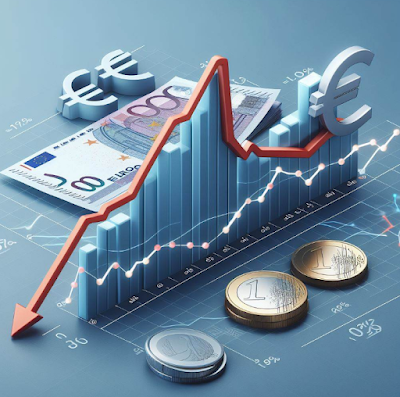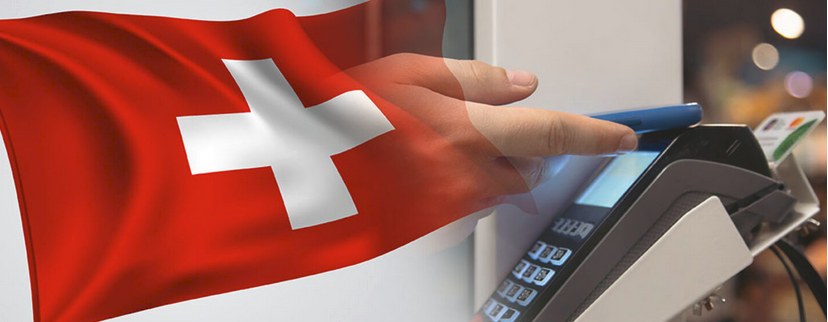CURRENCIES don’t normally move that far on a daily basis – 2 to 3% is a big shift. The exception is when a country on a fixed exchange rate suffers a devaluation; then a 20-30% fall is a possibility. But a 20-30% plus upward move is almost unprecedented. That, however, is what happened to the Swiss franc on January 15th, as Switzerland’s central bank abandoned its policy (instituted back in 2011) of capping the currency at Sfr1.20 to the euro. Only a month ago, the central bank said it would enforce the policy with the “utmost determination”.
The Swiss National Bank (SNB) announced that:
The minimum exchange rate was introduced during a period of exceptional overvaluation of the Swiss franc and an extremely high level of uncertainty on the financial markets. This exceptional and temporary measure protected the Swiss economy from serious harm. While the Swiss franc is still high, the overvaluation has decreased as a whole since the introduction of the minimum exchange rate. The economy was able to take advantage of this phase to adjust to the new situation.
The move clearly came as a complete shock for the markets, with the franc briefly rising as high as Sfr0.85 to the euro (before dropping back to Sfr1.02 by lunchtime) and briefly gaining 25% against the dollar. The currency cap had been controversial, since it required the central bank to create unlimited amounts of francs in order to cap the exchange rate. Whenever the franc looked in danger of breaching the cap, the bank could simply sell the newly-created currency to drive it back down again. The effect was to push up the bank’s balance sheet to some 60% of Swiss GDP, and giving the bank an estimated $556 billion in foreign assets; it will be nursing a big loss on such assets as a result of today’s action.
Some analysts speculated that political pressure may have caused the Swiss to abandon the policy; in November last year, a referendum campaign to force the SNB to hold 20% of its balance sheet in gold, which would have made it more difficult to maintain the cap, was defeated. But others felt that the SNB may be expecting the European Central Bank to announce quantitative easing in the near future; a shift that would weaken the euro and require even more intervention to cap the franc. Already in a hole, the SNB may have decided to stop digging.
The SNB clearly tried to limit the rise of the franc by cutting interest rates further into negative territory; short rates will be minus 0.75%, so it will cost speculators to hold the franc; a similar policy was followed in the 1970s. But the measure clearly had very little impact in the short term.
The effect of such a big currency move may be significant; Capital Economics, a consultancy, says that some 60% of Swiss exports go to the euro zone and the United States, and its exporters will be a lot less competitive after such a shift. Imports will be cheaper which may put downward pressure on the Swiss inflation rate, already running at minus 0.3%.
The equity market has plunged in repsonse; at the time of writing, the SMI was down 13.6% on the day. Mark Haefele, the chief investment officer of UBS, a bank, said that:
the negative impact of this move on the Swiss economy will be large. Swiss CPI inflation could be affected by as much as -0.9% mom. The direct effect on
Swiss goods exporters is estimated to be about CHF 5bn (-0.7% of Swiss GDP).
The whole episode is a useful reminder that currencies are a zero sum game; if some countries pursue policies (such as quantitative easing) likely to weaken their exchange rate, other currencies must gain. The ripple effect can be significant.
Full story here Are you the author? Previous post See more for Next postTags: Swiss National Bank,Switzerland Consumer Price Index








































